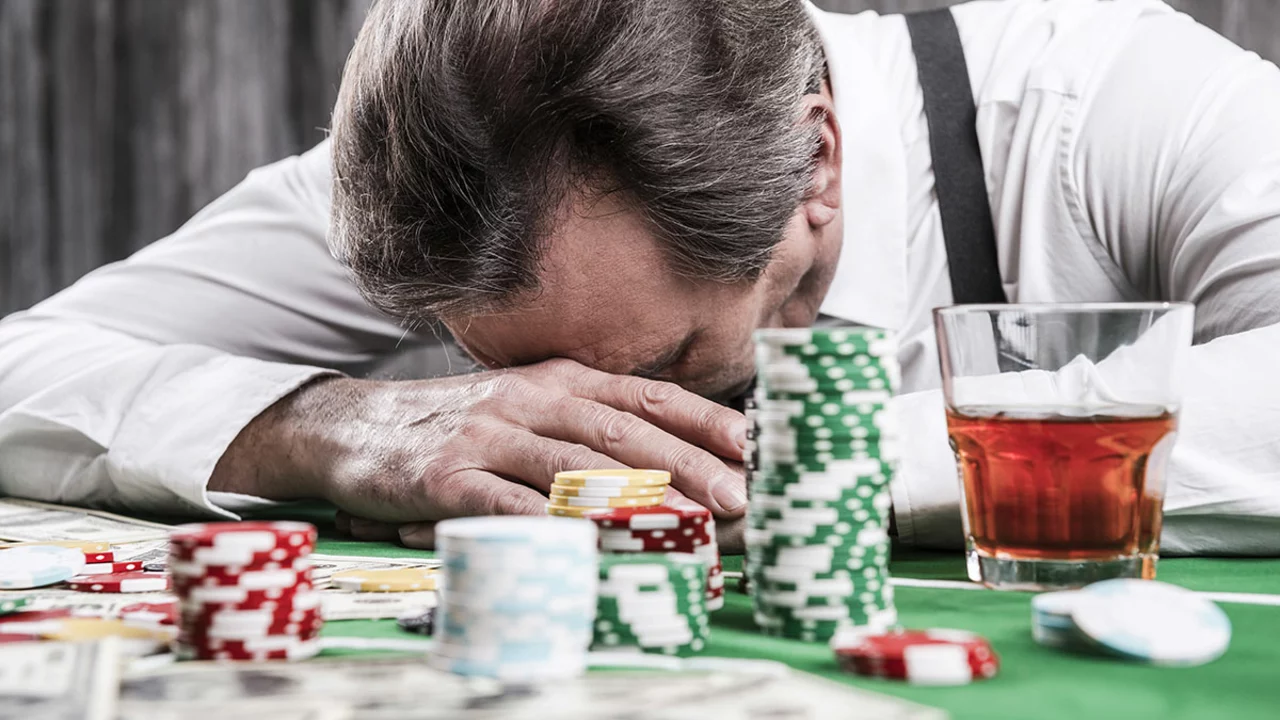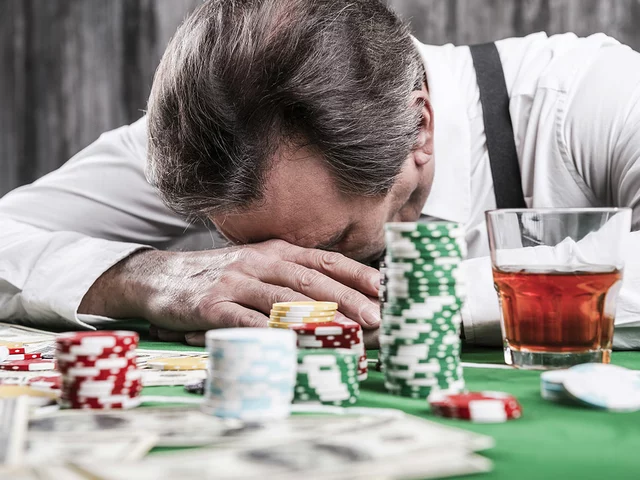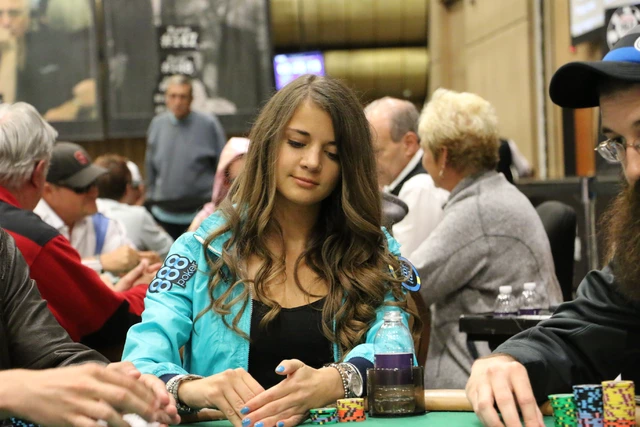31
Why do people get addicted to gambling?

Discovering the Roots of Gambling Addiction
Unraveling the allure of gambling lies at the intersection of psychology, sociology, and of course, my capacity for quick wit and good narratives. Now, this picture I'm painting isn't a dreary one—far from it. Rather, I want to give a clear understanding of why some of us feel drawn to the tantalizing glitter of games of chance. But let's dip our toes into the waters first: why do some of us develop a seemingly insatiable appetite for gambling?
Psychological makeup does come into play. Chance games like Poker or Wheel of Fortune intersect where the human capability for pattern recognition meets randomness. Our brains are wired to find patterns, even where none exist. This is known as apophenia. So, in a game where no exact rule or pattern determines the outcome, our minds conjure up illusions of control and consistency. But alas, the house always wins, and not simply because it's their wheel and their rules.
Chasing the Big Win
The compulsion to gamble can often be traced back to an early, thrilling experience of a considerable win. Picture this: You're a first-time gambler, you place a bet—and lo and behold—you win! Then you're probably thinking, "This seems lucrative; maybe I'm naturally good at this." And there begins the chase for the next big win. However, Lady Luck isn't always a generous mistress. But by then, the early taste of success has ingrained an unrealistic expectation, causing individuals to persistently pursue those elusive wins.
The mesmerizing swirl of the roulette wheel or an intense game of poker that sees you holding the triumphant hand—it all creates an adrenaline rush that regular life struggles to match. This physiological response is primarily driven by the anticipation and uncertainty that engulfs gambling, and this roller coaster of emotions is quite addictive, to say the least. So, in essence, we're playing two games in one: an internal mind game and the physical game of chance itself.
The Social Aspect of Gambling
Diving deeper into the social element of it, picture the lively background noise, friendly bartenders, free drinks, and you're surrounded by like-minded people—it’s an atmosphere that’s tailor-made for entertainment and enjoyment. The prospect of social interaction alone can become an additional motivating factor for gambling, and the feeling of camaraderie among gamblers is something that can easily spur on the desire to gamble more.
Let's add the strong influence of peer pressure. Recall those pub nights with friends when beer glasses clinked, cheers echoed, and bets were waged in poker games? I do. In fact, I'll confess that a few of those nights turned into early mornings for me, delving more into the exciting world of card games. As harmless as it seemed, this was my primer into understanding the dynamics of gambling and how hard it can be to draw a line sometimes.
Escaping Life’s Realities
Remember when I used to struggle with college assignments? Okay, fair enough, you probably don't recall my whines and grumbles. But we've all had our moments of frustration, leading us to seek an outlet, a distraction. For some, this outlet materializes in the form of gambling.
The flashing lights, electrifying sounds, and the occasional win allow for an intoxicating brief escape from daily stressors. It's an alluring world where your problems cease to hold you back momentarily. Reality gets suspended, replaced by a surreal world where anything is possible, and Lady Luck could smile at you any moment. It's a different kind of high, one that doesn't require any substance but taps directly into your brain's reward circuits. And trust me, the promise of a cash prize makes the ordeal all the more potent.
The Illusion of Control
A gamble is, by definition, a game of chance, and yet, each roll of the dice or spin of the wheel fuels an illusion of control. We believe that we're not at the mercy of sheer luck but can impact the outcome of the game – if we just play our cards right, choose the lucky numbers, or use "reliable" betting systems.
The sheer illusion of control appears to be so strong that it overrides objective facts. I remember years ago when I stubbornly clung to my "lucky" number 7 at a roulette table, convinced that it brought me good luck. After losing a few rounds (okay, quite a few), reality served me a slice of humble pie. Not only did it empty my wallet faster than I'd like to admit, but it also shattered my belief in lucky charms and numbers. This was an unmistakable illustration of the illusion of control.
The Role of Modern Technology and Accessibility
The advent of digital technology marked an entirely new chapter in the story of gambling. Now, with a mere click or tap, one can be instantly transported to digital casinos, betting websites, or poker rooms. The ease and accessibility that technology provides has only intensified the allure and reach of gambling.
The world of online gambling doesn't require you to dress up or leave the comfort of your home. There are no closing hours, no judgment, and definitely no limit to the number of tries you can have. You could play in incognito, hiding behind a screen name and owning your gambling habits without the fear of being stigmatized. Although this increased discretion and accessibility may seem liberating at first, it can also graze dangerous lines, leading to an increased risk of gambling addiction.
In conclusion, while gambling can be a harmless recreational activity for some, for others, it may morph into a problematic addiction that is hard to shake off. By understanding the varied underlying factors that drive the urge to gamble, we can navigate around the hazards, ensuring that the spirit of entertainment and lighthearted enjoyment is never lost
.



